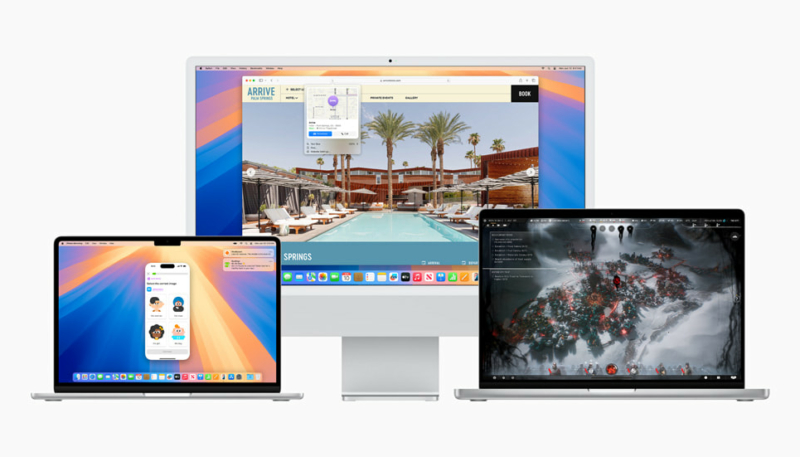Apple’s recently unveiled macOS Sequoia operating system brings an enhancement to the macOS virtualization framework, by enabling Mac users to sign into iCloud within macOS virtual machines (VMs).
In previous versions of macOS, users could not sign in to iCloud on macOS VMs, which limited their utility for developers needing to test iCloud features and for other users looking to sync with iCloud. However, as first spotted by ArsTechnica, macOS Sequoia allows Mac users to sign into iCloud within macOS VMs, as long as both the host and guest operating systems are macOS 15 or newer.
While the feature will be available on Apple Silicon-powered Macs, there will be some limitations.
The feature will be available on Apple silicon Macs, but it has some limitations.
This is still limiting for developers, who might want to run an older version of macOS on their hardware while still testing macOS 15 in a VM, or those who want to do the reverse so that they can more easily support multiple versions of macOS with their apps. It also doesn’t apply to VMs that are upgraded from an older version of macOS to Sequoia—it has to be a brand-new VM created from a macOS 15 install image. But it’s a welcome change, and it will steadily get more useful as Apple releases more macOS versions in the future that can take advantage of it.
Apple’s virtualization framework documentation explains:
“When you create a VM in macOS 15 from a macOS 15 software image… Virtualization configures an identity for the VM that it derives from security information in the host’s Secure Enclave. Just as individual physical devices have distinct identities based on their Secure Enclaves, this identity is distinct from other VMs.”
If a user moves a VM to a different Mac machine and restarts it, the Virtualization framework will automatically create a new identity for the VM using the information from the Secure Enclave of the new Mac host. This identity change requires the VM user to re-authenticate, allowing iCloud to restart syncing data to the VM.
macOS Sequoia is currently available as a developer beta. A public beta is expected to be released in July, followed by a release to the general public in the fall.


